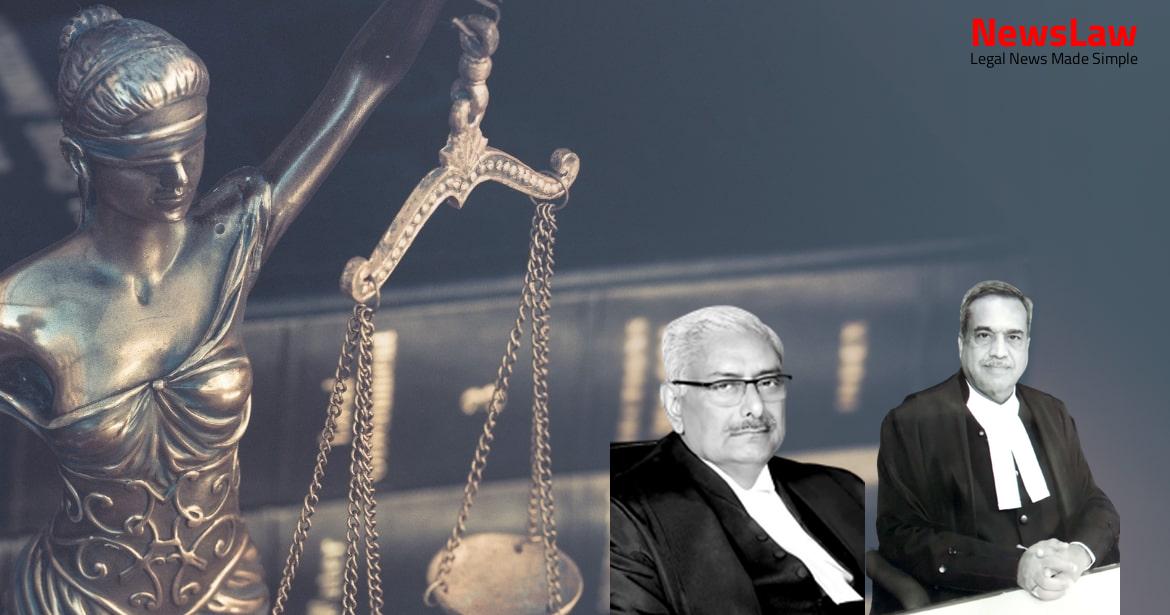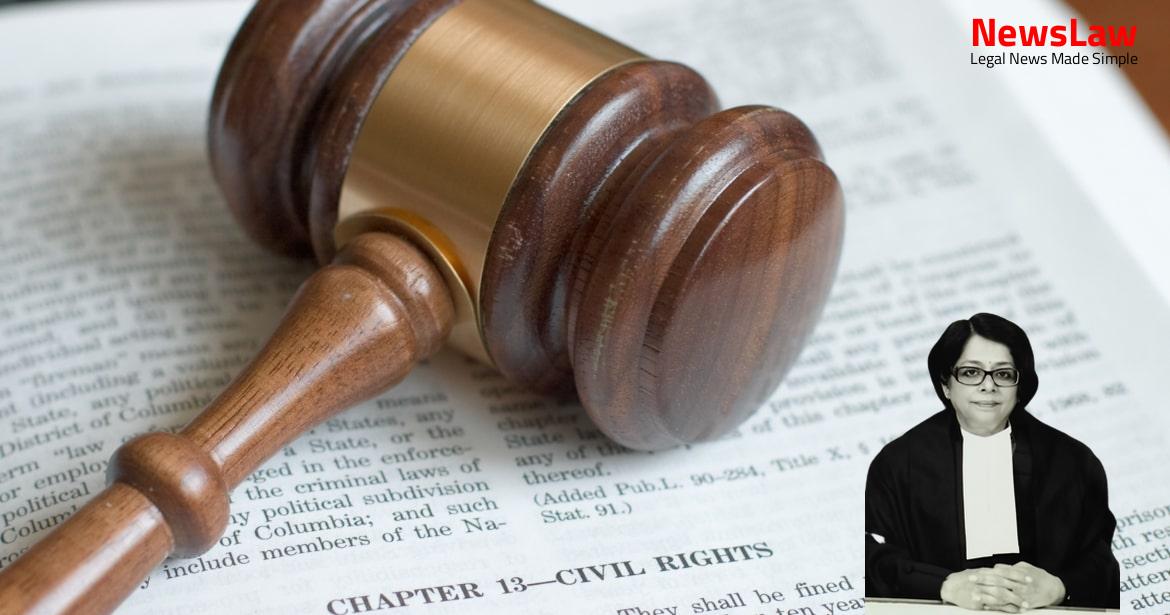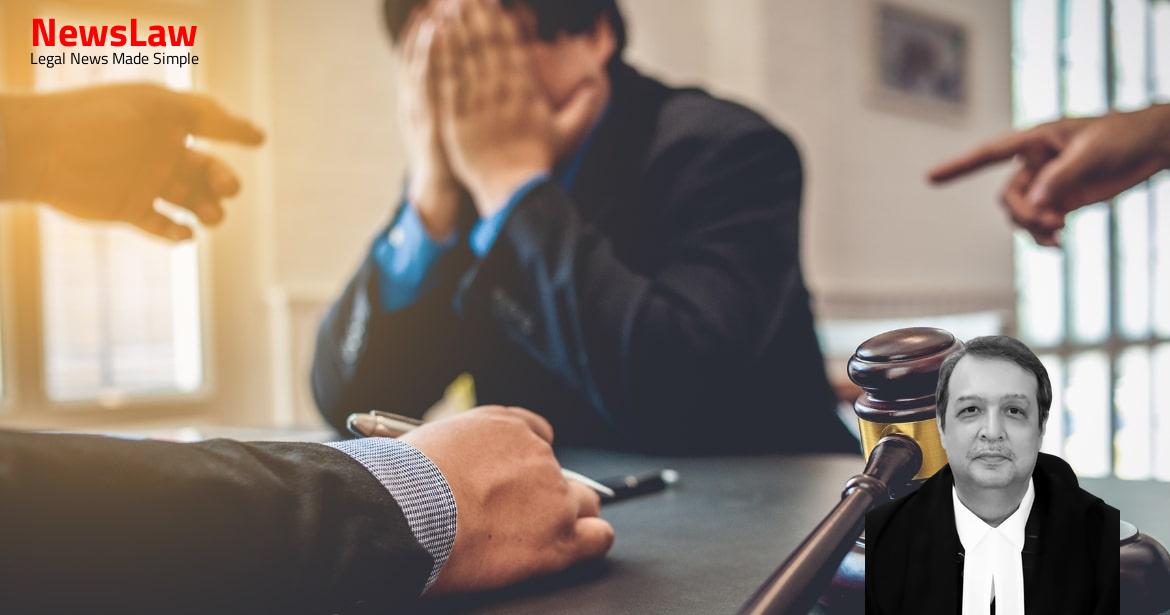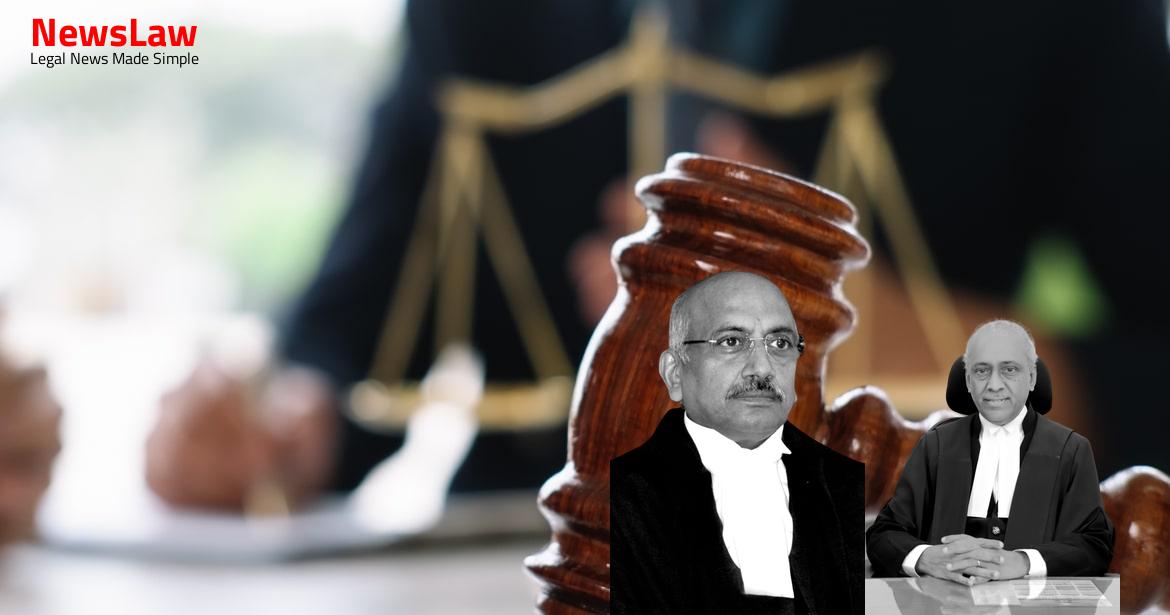In a significant legal development, the Supreme Court of India has delivered a decisive judgment in the Malankara Church dispute resolution case. Upholding the principles laid down in the K.S. Varghese case, the Court has set a precedent for future disputes in the matter. The resolution brings clarity to the conflict between factions within the Malankara Church, ensuring adherence to the 1934 Constitution. This landmark judgment marks a significant step towards maintaining order and unity within the church.
Facts
- The High Court passed an interim order that contravened the judgments and orders of the Court.
- This action was deemed as a violation of established legal decisions.
- The interim order was found to be in conflict with the rulings issued by this specific Court.
Also Read: Urs Family Property Dispute: Supreme Court Decree
Analysis
- Explanation 6 to Section 11 applies to a suit as held in Kumaravelu Chettiar v. Ramaswami Ayyar.
- The 1995 suit had parties with a common interest as per Order 1 Rule 8, and issues on temporal matters in absence of parish churches were left open.
- Only issues decided in the 1995 suit can be considered, other issues are barred by res judicata as per Explanation 6 to Section 11 and Order 1 Rule 8 CPC.
- Malankara Church is episcopal in character as declared in the 1934 Constitution, which governs parish church affairs.
- R. Venugopala Naidu v. Venkatarayulu Naidu Charities established that a suit under Section 92 and Order 1 Rule 8 CPC is a representative action for persons with a common interest.
- All persons interested in a public or private right claimed in common for themselves and others are deemed to claim under persons litigating bona fide as per Explanation 6 to Section 11.
- Judgments/orders of the Supreme Court in representative suits are binding on all concerned parties, and it is the duty of all to obey them as per Article 141 and 144 of the Indian Constitution.
- Violation of Supreme Court judgments/orders by passing orders contrary to them hinders the intended peace in Church and amounts to disobedience to the law.
- The binding effect of a representative suit, as seen in previous cases like K.S. Verghese, is emphasized to ensure adherence to the law.
- The Patriarch cannot create a parallel system of administration in violation of the 1934 Constitution.
- Appointment of Vicar, priests, Deacons, Prelates must be as per the 1934 Constitution.
- Church functioning is based on division of responsibilities at various levels.
- Findings in earlier suits are binding in representative capacity.
- Malankara Church properties are vested in a trust.
- Individual members can leave the Church, but Parish Assembly cannot move Church out of the Malankara Church.
- No group or denomination can take away management or property illegally.
- The 1934 Constitution reserves certain powers to Church authorities.
- Autonomy provided in the Constitution is for management and necessary expenditure.
- Spiritual powers do not grant the Patriarch the right to appoint officials in violation of the 1934 Constitution.
- Order 1 Rule 8 allows for numerous persons with the same interest to sue, be sued, or defend a suit collectively.
- A person with the court’s permission may represent the group of interested persons in such cases.
- Notice must be provided through public advertisement as per Order 1 Rule 8(2) to notify others with the same interest.
- Any person on whose behalf the suit is being conducted has the right to apply to be part of the suit.
- Decree in a suit under this rule is binding on all persons on whose behalf the suit is instituted.
Also Read: Promissory Estoppel and Public Interest: Union of India vs. M/s Dharampal Satyapal Ltd.
Decision
- The plea for allowing religious services to be conducted by two Vicars of each faith is rejected as it would create parallel systems of administration.
- Both factions are urged to resolve their differences on a common platform to prevent further discord and institutional deterioration.
- Any attempt to establish parallel systems of church administration causing law and order issues leading to potential closure of churches is not acceptable.
- Future violations of judgments and orders will be viewed seriously.
- Pending similar matters should be decided based on the current judgment and order.
- No further litigation is permitted as the decision in the representative suit is binding.
- The impugned order is overturned, and the appeal and suit are concluded based on the precedent set in K.S. Varghese case.
- The order is to be circulated to all courts in Kerala and relevant authorities promptly.
- The Registrar General is tasked with reporting the number of pending litigations related to the dispute within three months.
- The appeals are allowed with the specified directions.
- Any pending applications are deemed resolved.
Also Read: Jurisdictional Interpretation in Kamlesh Babu v. Lajpat Rai Sharma
Case Title: FR. ISSAC MATTAMMEL COR EPISCOPA Vs. ST. MARYS ORTHODOX SYRIAN CHURCH
Case Number: C.A. No.-007115-007116 / 2019



